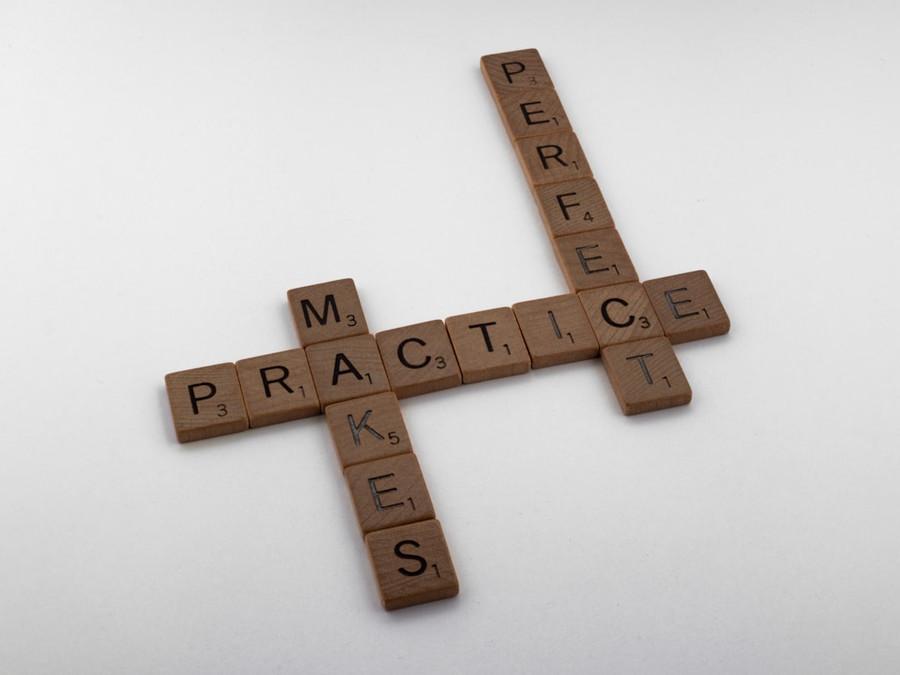5 Things to Keep in Mind When Dealing With Difficult People
Curated from: t.co
Ideas, facts & insights covering these topics:
6 ideas
·2.59K reads
28
1
Explore the World's Best Ideas
Join today and uncover 100+ curated journeys from 50+ topics. Unlock access to our mobile app with extensive features.
Key points 📝
- The most effective way to respond to a difficult person is to first observe one's own emotional and physical reactions.
- A common problem that occurs when communicating with difficult people is forgetting the desired goal of the interaction.
- Mentally rehearsing an upcoming conversation with a difficult person can lower one's chance of saying something reactive that will make it worse.
46
762 reads
1. To de-escalate, learn to master the pause. ⏸️
Conflicts with difficult people can easily become a vicious cycle when our own reactions escalate the situation.
And the more intensified the conflict, the more that we will dread and be stressed by the idea of future interactions.
The most effective tool to make sure you aren't escalating a situation is to become adept at pausing and being a keen observer of your own emotional and physical reactions.
Even just making a habit of waiting five seconds before speaking when you are in a conflict can help keep you from doing further damage.
42
499 reads
2. Always keep your desired outcome in mind.
Another common problem in our interactions with difficult people is that we get distracted by our upset and lose sight of the goals we are trying to accomplish.
When you are forced to interact with someone who is being difficult, it's very easy to get off track and end up leaving the interaction no closer to what we were hoping to accomplish.
Instead, remembering what goal you are after—resolving a specific issue, getting an answer to a question, getting clarity on something confusing, putting in an official request for something to be done—can help you make sure that you stay on track.
36
362 reads
3. When possible, rehearse in advance.
Difficult people can be particularly adept at throwing us off our game by getting an emotional rise out of us.
Just like a musician, actor, or athlete is more likely to nail a difficult performance if they have practiced, so too can practice and rehearsal help our most stressful interpersonal moments.
Don't be afraid to script a difficult conversation, knowing of course that there will need to be some wiggle room built in.
Even better, by rehearsing in advance, you can come up with wording that is less likely to escalate the situation
35
317 reads
4. Don't over-personalize.
Often, the hardest interpersonal interactions are the ones where we take things too personally and feel wounded or insulted by another person's behavior when really it has nothing to do with us at all.
Observe your thoughts for distortions that make the situation more about you than it really is, or that needlessly catastrophize the outcome of a situation.
But when a difficult person shows consistent patterns of dysfunction across situations and with different people, there is limited control we can have over their behavior—and it only adds needless worry and heartache to blame ourselves.
37
334 reads
5. A little self-awareness and empathy go a long way.
It may be helpful to reflect upon your behavior, especially if you see these patterns of difficult interactions across separate circumstances in your life.
Whether you are doing things to escalate the situation or your body language , tone or wording is making you come across more aggressively than you intended, it may help to try to boost your self-awareness by looking for patterns of your own.
And finally, even if it is always the other person being difficult, it can sometimes lessen the frustration to send some empathy their way.
36
318 reads
IDEAS CURATED BY
Shirish Katkar's ideas are part of this journey:
Learn more about communication with this collection
How to make sustainable choices in everyday life
Identifying ways to reduce waste and conserve resources
Understanding the impact of human actions on the environment
Related collections
Similar ideas
10 ideas
20 Expert Tactics for Dealing with Difficult People
psychologytoday.com
9 ideas
A Guide To Dealing With Difficult People
forbes.com
6 ideas
How To Deal With Difficult People
hackernoon.com
Read & Learn
20x Faster
without
deepstash
with
deepstash
with
deepstash
Personalized microlearning
—
100+ Learning Journeys
—
Access to 200,000+ ideas
—
Access to the mobile app
—
Unlimited idea saving
—
—
Unlimited history
—
—
Unlimited listening to ideas
—
—
Downloading & offline access
—
—
Supercharge your mind with one idea per day
Enter your email and spend 1 minute every day to learn something new.
I agree to receive email updates






